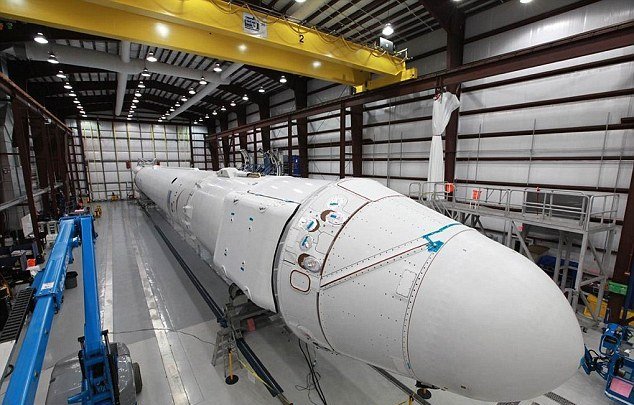Letölthető tartalmak
Global warming slowdown probably due to natural cycles, study finds
You will hear a talk on the causes of a recent slowdown in the climate change. Listen to the text and complete the notes below. Write short answers (1-5 words). An example is done for you. At the end of the text you will have two minutes to read through and check your answers. You will hear it twice. You have one minute to look at the notes below.
Example: The text is about the cooling effect.
Global warming has been partly offset by a recent 1) ……………….
A recent study found that the slowdown does not mean that the 2) ………………. has stopped.
Since 2000, we experienced 3) ……………….. hottest years
The findings say that the global warming hiatus is a 4) ……………….
5) ………………. will accelerate when the cooling effects will reverse.
There is a 6) ………………. in the climate system, changes are possible.
Recent findings do not 7) ………………. that continued burning of fossil fuels will increase temperature.
8) ………………. in the Pacific is a major contributor to the recent slowdown according to the study.
Text:
Global warming slowdown probably due to natural cycles, study finds
Man-made global warming over the past decade has probably been partly offset by the cooling effect of natural variability in the Earth’s climate system.
The finding could help explain the slowdown in temperature rises this century that climate sceptics have seized on as evidence climate change has stopped, even though 14 of the 15 hottest years on record have happened since 2000.
The authors of the new paper describe the slowdown, sometimes called a global warming hiatus or pause, as a “false pause”. They warn that the natural cycles in the Pacific and Atlantic that they found are currently having an overall cooling effect on temperatures will reverse in the coming decades – at which point warming will accelerate again.
Byron A Steinman, the lead author of the study said: “I think probably the biggest thing that people should understand is there is randomness in the climate system. The recent slowdown in no way invalidates the idea that continued burning of fossil fuels will increase Earth’s surface temperature and pose a substantial burden on human society,”
The research looked at two long-term climate phenomenon that play a key role in global temperatures, the Pacific Decadal Oscillation and the Atlantic Multidecadal Oscillation. The authors worked to strip out ‘external forces’ on those oscillations, such as volcanoes and the burning of fossil fuels, to work out how much they varied naturally, or internally.
Such natural variability is likely to have had a substantial influence over the span of several decades on temperatures in the northern hemisphere, they concluded, of up to 0.15C in a warming or cooling effect – and in recent years it has been a cooling one.
Michael E Mann, one of the co-authors, blogged that: “Our conclusion that natural cooling in the Pacific is a principal contributor to the recent slowdown in large-scale warming is consistent with some other recent studies”.
Steinman said the new work was a substantial step forward and employed state-of-the-art climate models that previous studies on the subject had not used.
But the paper warned that the natural cycles are likely to reverse in coming years, adding to manmade warming in the coming decades. “When that trend reverses, that will then add to warming, so warming will accelerate,” said Steinman. He added that it was difficult to say exactly when in the next few decades that would happen.
Mann wrote on the RealClimate blog that such an acceleration “is perhaps the most worrying implication of our study, for it implies that the ‘false pause’ may simply have been a cause for false complacency, when it comes to averting dangerous climate change”.
Ben Booth, a scientist at the Met Office who was not involved in the study, said that the new work provided a more nuanced picture of the role natural cycles play in the climate. “What this result shows is that the variability in the oceans can have an important role to play in dampening warming.”
source: The Guardian
key:
1-cooling effect/slowdown
2-climate change
3-14 of the 15
4-false pause
5-warming/temperature rise
6-randomness
7-invalidate the idea
8-natural cooling







